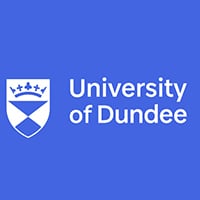Vascularisation of tumour organoids for mechanistic and drug development
Position Details (PhD Program)
In this Vascularisation of tumour organoids for mechanistic and drug development project at University of Dundee , the student will gain the practical and intellectual ability to develop, analyse and evaluate in vitro techniques. These skills will including cutting-edge organoid and organ-on-a-chip technology, imaging and statistical analysis, pioneering ways to challenge the current system to enable better modelling.
Context
Gliomas such as are the most common form of brain tumour, a subset Glioblastoma (GBM) are devastating adult brain cancer with high rates of recurrence and treatment resistance. The development, validation and standardisation of 3D multicellular vascularised-GBM organoid model are required to provide a replacement for in vivo models. A major component to replace in vivo model is to provide vascularisation of GBM organoids and develop a method for standardisation, which can be used for high throughput assays. Banerjee group at the University of Dundee have recently established a human GBM organoid biobank.
GBM organoids can be vascularised into highly reproducible “chips” to allow for functional physiological assays and screening of drug libraries
- Integration of human vascular (endothelial cells) with human glioblastoma organoids to create a multicellular 3D tumour-on-chip model
- Validation of vascular-glioblastoma model in comparison to literature human and mouse models
- Standardisation of high throughput vascularised-glioblastoma model for drug validation



 University of Dundee
University of Dundee